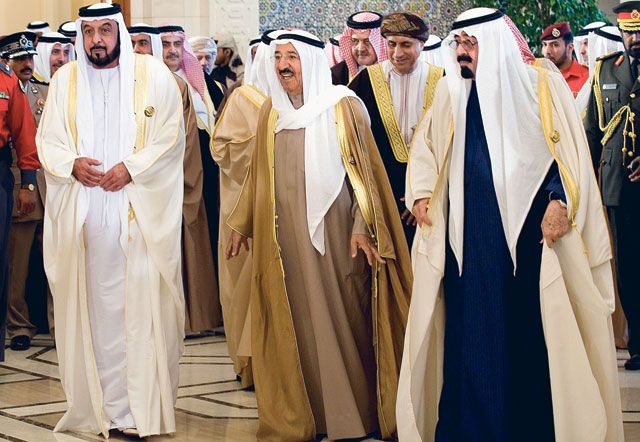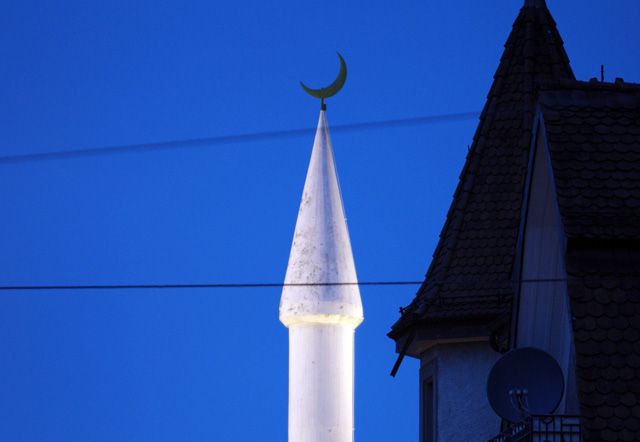Manama: The Gulf Cooperation Council, a six-member alliance that includes Saudi Arabia, the cradle of Islam, on Wednesday voiced collective shock at the Swiss ban on the construction of new minarets and the inclinations of some other countries to ape the move.
In a communique issued at the end of the two-day summit in Kuwait City, the GCC stated that the tendencies highlighted by such curbs were unacceptable and clearly discriminated against Islam and Muslims. Such measures also undermined all efforts to reinforce dialogue and rapprochement between various cultures and civilisations, it said.
The Council urged Switzerland and the international community to intensify efforts to ensure respect for religious rights and the preservation of places of worship.
"We reiterate the significance of promoting dialogue between civilisations, religions and cultures and to build bridges between all peoples and civilisations. This keenness is reflected in the initiative of the Custodian of the Two Holy Mosques for dialogue between cultures and civilisations and in the various conferences held to consolidate inter-faith dialogue," the communique said.
Several European leaders, including France's foreign minister Bernard Kouchner, have said they were scandalised by Switzerland's announcement last month banning new minarets.
The GCC, meanwhile, underscored its great interest in the success of the climate change conference in Copenhagen.
GCC leaders emphasised their belief in joint responsibility to tackle climate change issues and expressed solidarity with the international community to evolve a framework for sustainable development.
The GCC's Supreme Council expressed its appreciation to Oman for its efforts to support joint environmental action, noting that Sultan Qaboos Bin Saeed had instituted an award to promote efforts to protect the environment within the GCC Secretariat.
The GCC also endorsed a guidebook setting out a national response strategy in the event of nuclear or radiation emergencies within the bloc as well as a guidebook for procedures to be taken in the case of radiation contamination of food, water and crops. It also endorsed a guidebook on licensing and registration in the field of radiology in the GCC as well as a guidebook on safety procedures pertaining to precautionary radiation practices and a training guidebook for those working in the field of precautionary radiation.
The Supreme Council also congratulated the UAE on its election as host of the headquarters of the International Renewable Energy Agency (Irena).
It also lauded Saudi Arabia's donation of $300 million (Dh1.1 billion), and the donation of $150 million each by the UAE, Kuwait and Qatar for the establishment of a special research fund for energy, environment and climate change, based on the Saudi initiative launched at the Third Opec Summit held in Riyadh from November 17-18, 2007.
The Supreme Council reiterated the need to rid the Middle East of weapons of mass destruction (WMD) and nuclear arms.
In the final communique of the 30th GCC Summit, the Supreme Council welcomed international efforts to resolve the Iranian nuclear issue peacefully and through diplomatic means.
It expressed hope that all related parties would work for a political settlement that would bring security and stability to the region.
It reserved the right of all countries of the region to have peaceful nuclear energy within the framework of international agreements. It also called for the enforcement of International Atomic Energy Agency regulations on all countries of the region without exception, Israel included.













